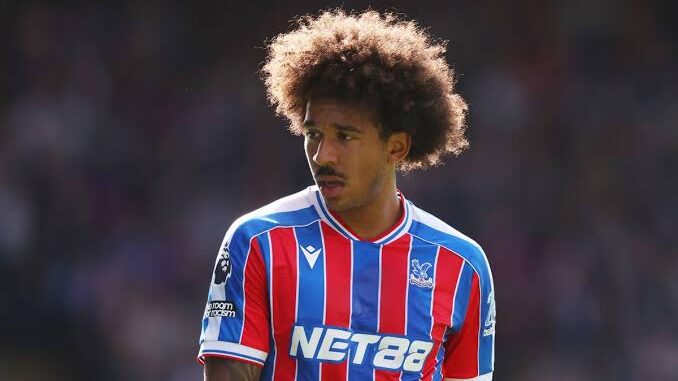
Crystal Palace manager Oliver Glasner has expressed his disappointment over how the United States Men’s National Team (USMNT) has managed defender Chris Richards during the recent international break. The 24-year-old centre-back, who has been a vital figure in Palace’s backline since Glasner’s arrival, returned from national duty nursing fatigue and minor discomfort—an outcome the Austrian manager described as “avoidable” and “frustrating.”
Speaking to reporters ahead of Palace’s weekend fixture, Glasner did not hold back his emotions. “We take great care of our players here,” he began. “When they go on international duty, we expect that same level of responsibility. Chris played heavy minutes in back-to-back games, including one that was unnecessary considering his physical load before the break. Now we are managing the consequences.”
Richards, who featured in both of the USMNT’s October friendlies, was deployed out of position as a defensive midfielder—a tactical experiment by head coach Gregg Berhalter. The move raised eyebrows among Palace fans and pundits alike, as the Alabama-born defender has spent his entire professional career excelling in central defense. Glasner’s frustration stems not just from the player’s physical condition upon return but also from concerns about disrupting his rhythm and confidence in his natural role.
“Chris has worked extremely hard to establish himself as one of the top young defenders in the Premier League,” Glasner said. “He understands our defensive system and plays a key role in our buildup. To see him being used in an unfamiliar position—especially in non-competitive games—feels unfair to the player and risky for his club form.”
Behind Glasner’s calm yet firm tone lies a broader tension that has often existed between club and country managers. Clubs invest significant time, money, and medical expertise in players, only to see them risk injury or burnout during international fixtures. For Palace, who are fighting to climb higher in the Premier League table, the timing could not be worse.
Sources close to the club revealed that Richards underwent light training earlier this week and is being monitored closely by Palace’s medical team. While the injury is not believed to be serious, Glasner is expected to manage his minutes carefully in the upcoming match. “Our priority is the player’s health,” Glasner reaffirmed. “We will never put short-term goals ahead of long-term well-being.”
The USMNT, for their part, defended Berhalter’s decision, emphasizing the desire to experiment and test tactical flexibility ahead of the 2026 World Cup, which will be co-hosted by the United States. Berhalter has previously expressed admiration for Richards’ passing ability and composure on the ball—traits that, in his view, make the defender suitable for a midfield role in certain systems.
Still, the debate continues among fans and analysts. Many argue that forcing players into unfamiliar roles during friendlies, particularly when they are performing consistently at club level, can hinder their development rather than enhance it.
For now, Richards remains focused on his recovery and his responsibilities at Selhurst Park. Glasner’s remarks, however, send a clear message: club managers expect national teams to treat their players with the same level of care and consideration they receive at home.
As Palace prepare for their next Premier League battle, all eyes will be on whether Richards starts—and whether this club-versus-country clash leaves any lasting scars.
Be the first to comment